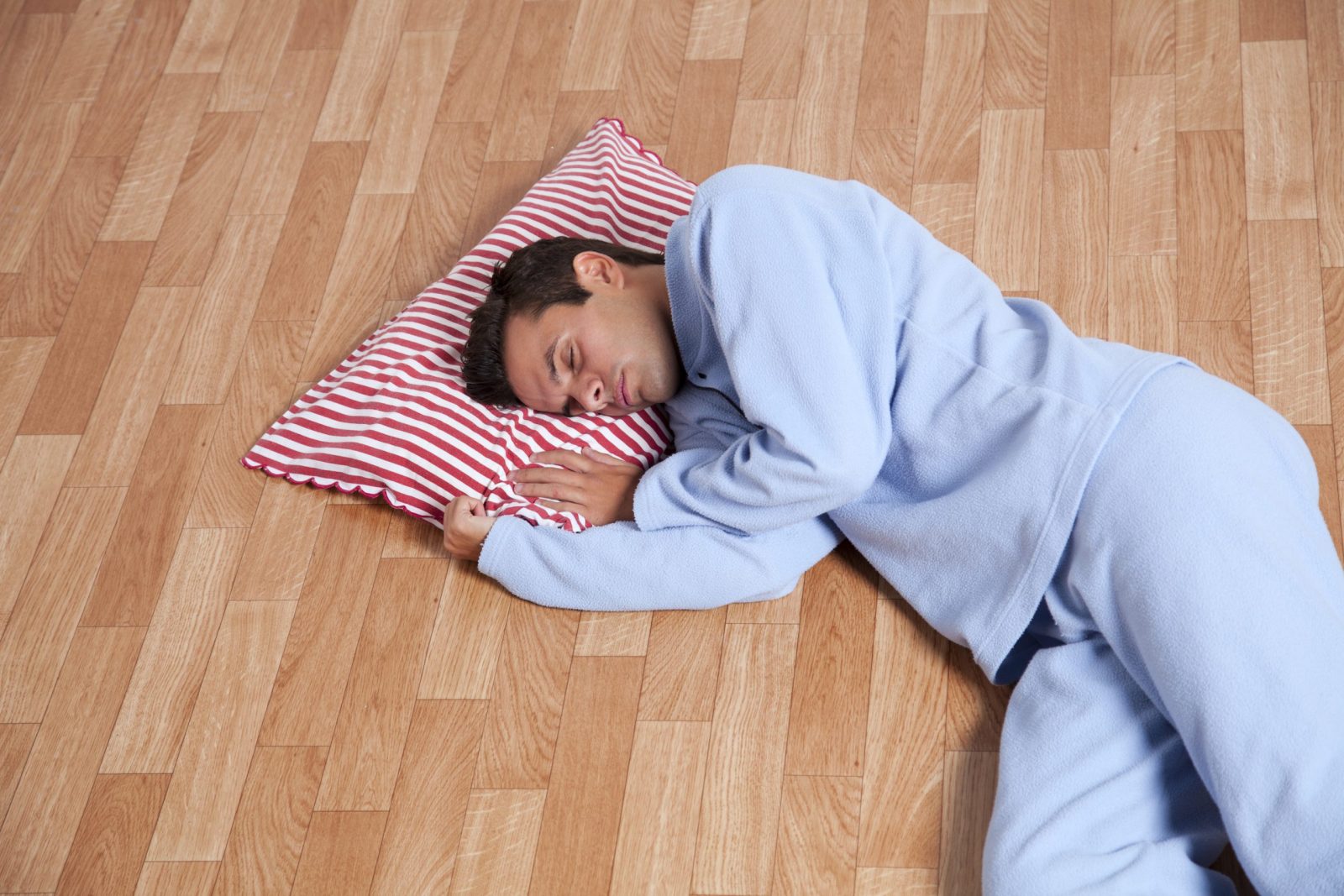What it does sleeping on the floor do to your back? There are benefits for your back. You will start the next day more refreshed and relaxed. But of course one can understand if you prefer a comfy mattress but even there you have to check which one is the best for your back. So you still will have a deep sleep to focus more on TonyBet.
Sleeping on the floor is considered healthy and beneficial for the back. Find out what this thesis is all about and what it does to your back here.
REASONS TO SLEEP ON THE GROUND
Culture, finances, closeness to nature or expression of a lifestyle – there are many reasons to sleep on the floor. In Japan, people have been sleeping this way for centuries. Even today, many homes use a futon as a sleeping surface, which in turn lies on mats made of straw, so-called tatamis.
Time and again, people report that they sleep better on the floor and start the day better rested. What’s in it? And what does the floor position do to your back?
HOW HEALTHY IS IT?
Sleeping on the floor is said to be particularly gentle on the back, hips and other joints. There is no clear scientific evidence for this statement. However, mattresses that are too soft can strain the back and cause back pain or blockages.
More recent studies on the subject of “sleeping on the floor” are lacking, however. A 2003 study merely proves that hard mattresses are not the most back-friendly support, contrary to widespread claims. The researchers concluded that people with back pain would be better off using a medium-firm mattress. At this firmness level, subjects had less pain both when lying down and after getting up and during the day than those who lay on a very hard mattress. On a very hard surface, the pressure of the body is concentrated on individual points, such as the shoulders and pelvis. This stresses and damages the skin and bones. Expert:innen advise: The older and more pain-ridden the person, the softer the base should be.
When buying a new mattress, it is important to try it out for several minutes to get a good impression of its suitability. In doing so, you should keep the following things in mind:
The higher the firmness level of a mattress, the more resilient it is. As a rule of thumb, you can take your own height in centimeters minus 100 and compare it with your weight. If your body weight is lower, you should choose a soft mattress. If the values are almost identical, a medium one is suitable. If the weight is higher, a hard mattress is recommended.
Lie in your usual sleeping positions for a longer period of time. This will help you feel whether the mattress has the right resistance and firmness.
Shoulders and pelvis should only sink in enough so that the spine retains its natural shape: a slightly curved S.
If the base is too hard, a flat hand still fits between the waist and the mattress.
If you want to try sleeping on the floor, you can approach the subject slowly and put a soft pad between them first. And those who don’t want to banish the bed from the bedroom right away and invest in a pad can test on vacation how sleeping on the floor feels. In the meantime, there are straw hotels or accommodations with beds on the floor all over Germany.
Also Read: HOW TO CONTROL SLEEPING DIFFICULTIES?











